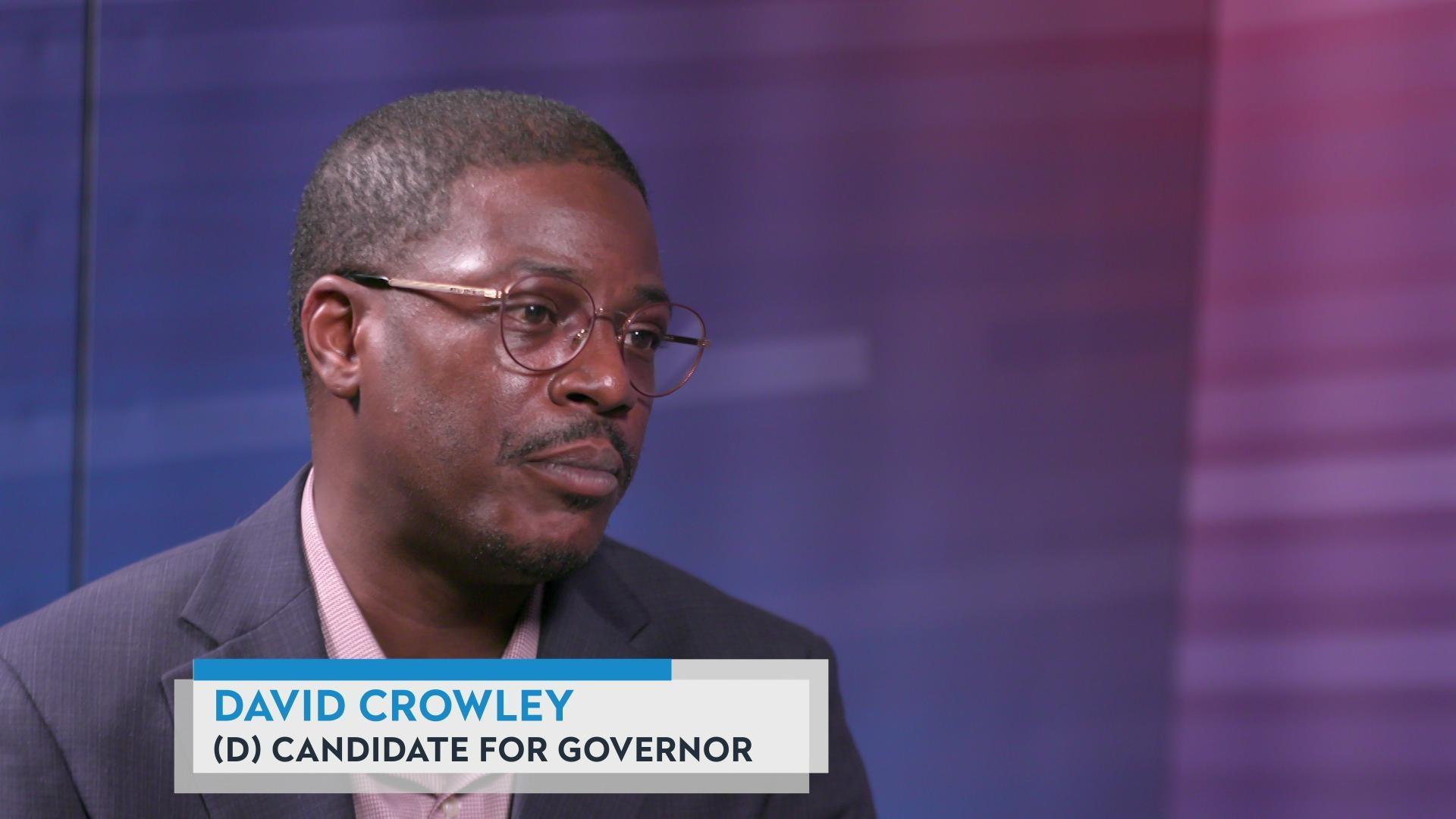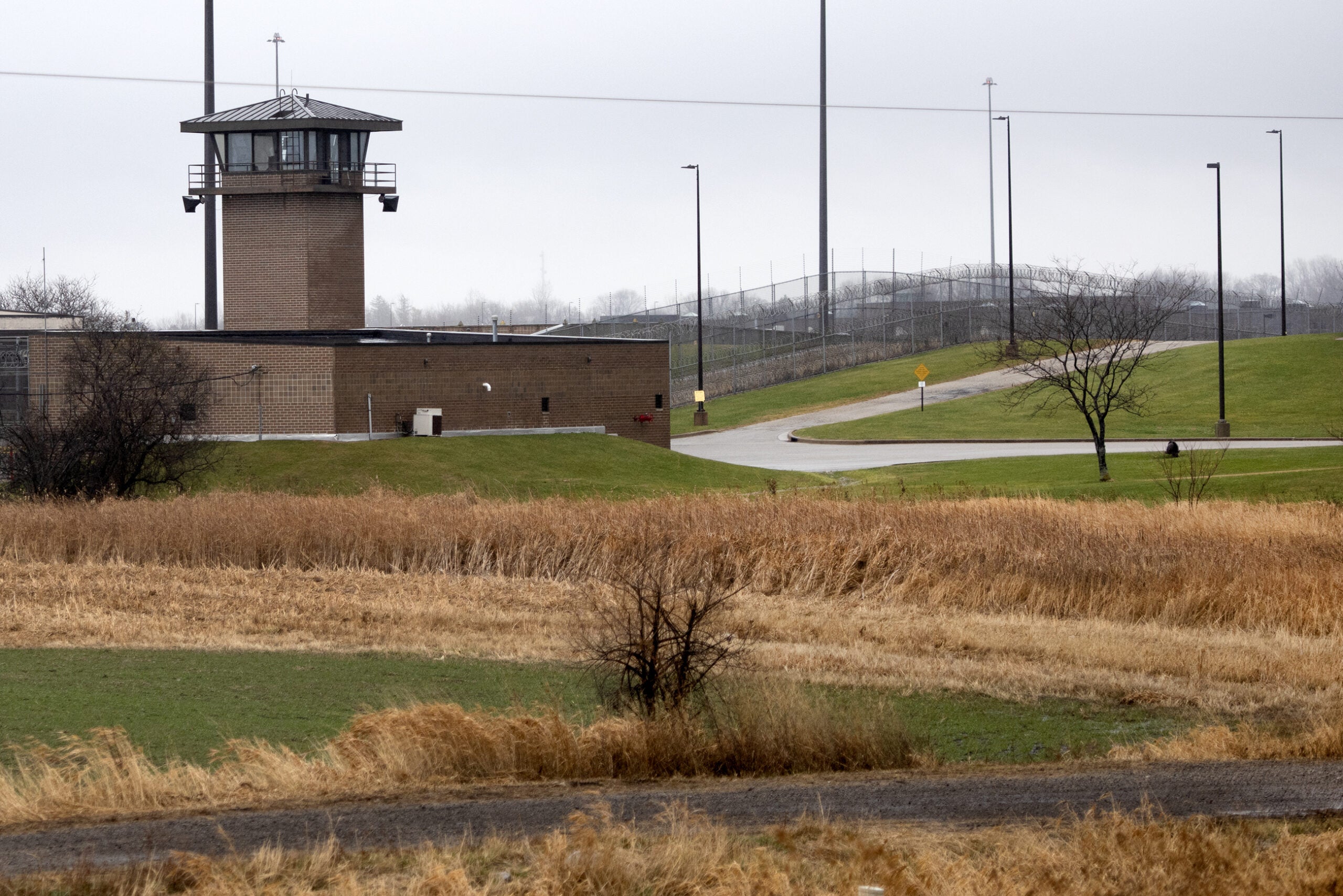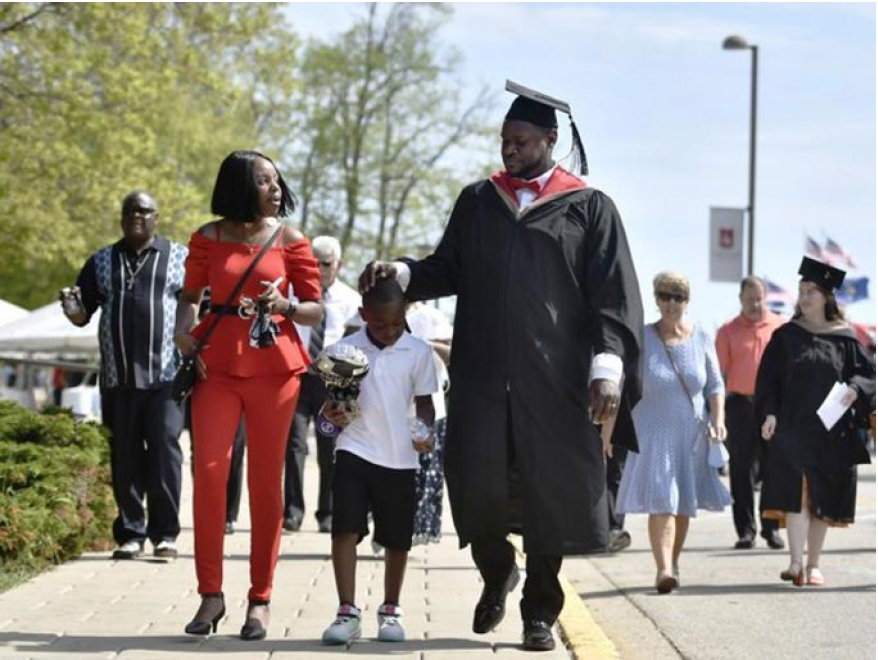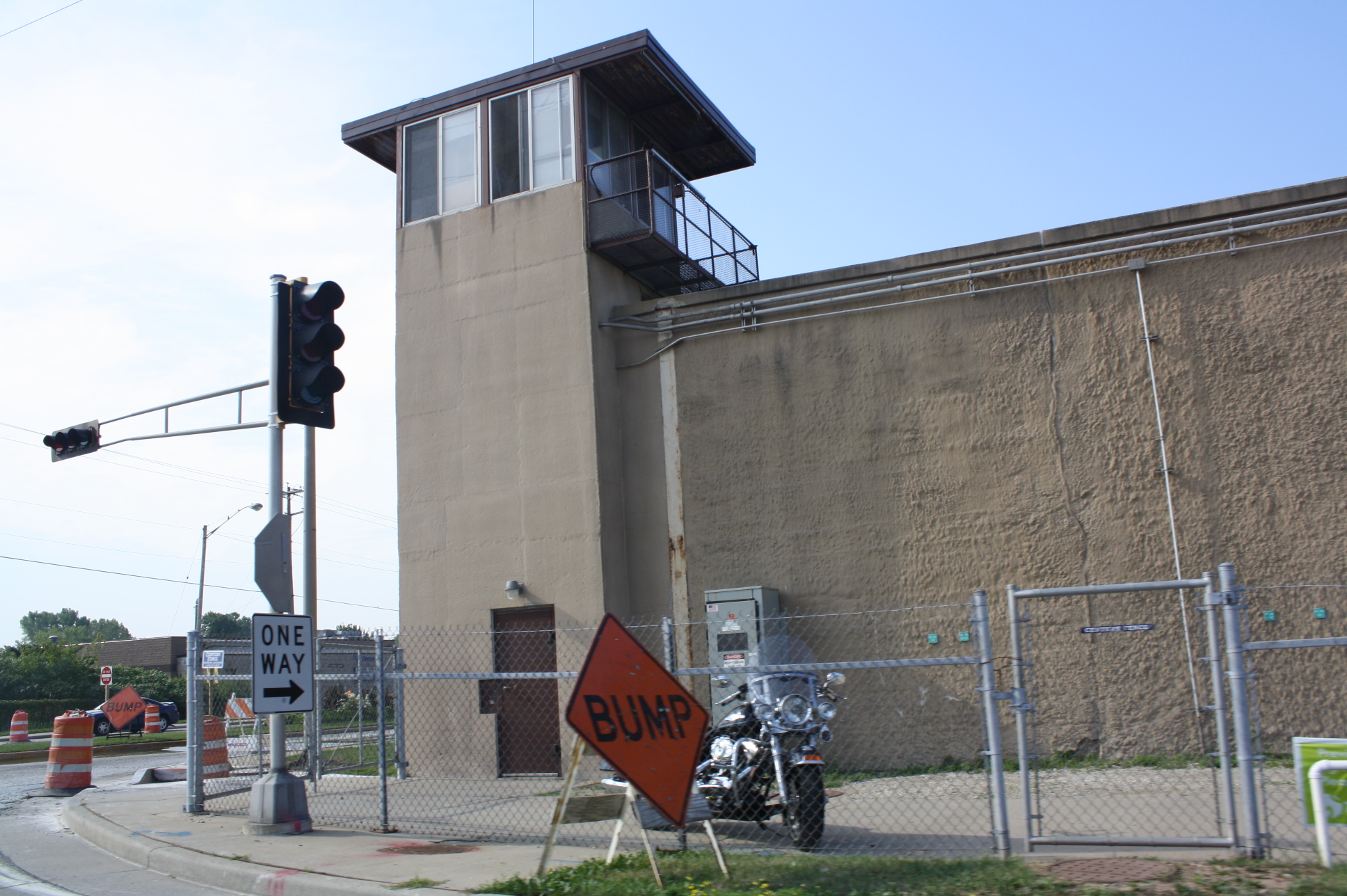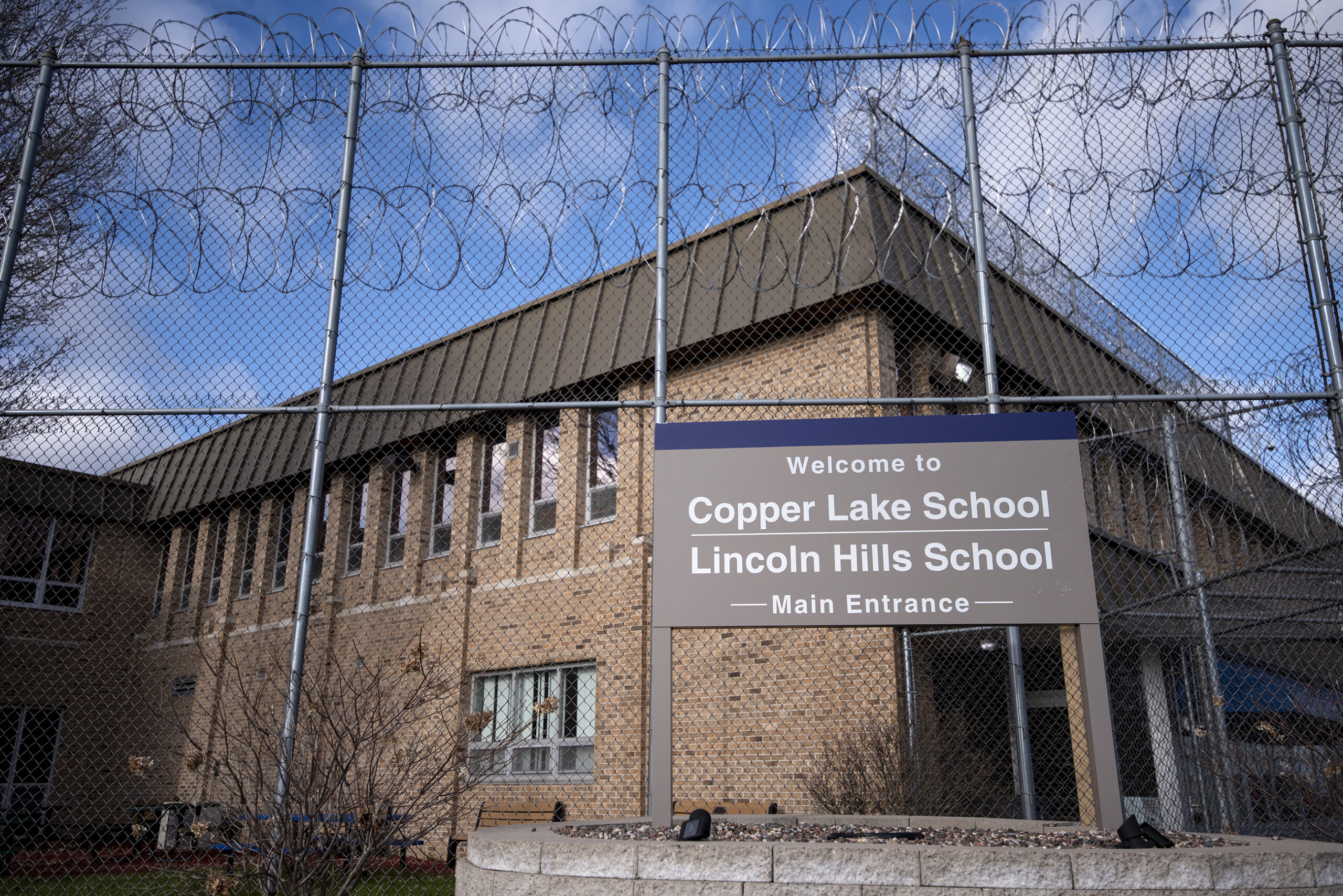While Wisconsin’s government remains divided, the state’s overcrowded prison system is one political issue that is drawing Democrats and Republicans to the same side, according to two representatives who serve on the Assembly Committee on Corrections.
In an interview with Rob Ferrett, host of WPR’s “Central Time,” Rep. David Bowen, D-Milwaukee, and Rep. Patrick Snyder, R-Schofield, pointed to curbing crimeless revocations and helping set up ex-prisoners for success as some of the key priorities to work on.
This interview has been edited for brevity and clarity.
News with a little more humanity
WPR’s “Wisconsin Today” newsletter keeps you connected to the state you love without feeling overwhelmed. No paywall. No agenda. No corporate filter.
Rob Ferrett: We’ve seen the prison population rise steadily over the last 30 years and we’re hearing concerns about prisons being over capacity. What do you see as priorities when it comes to our prison situation right now?
Rep. David Bowen: We need to focus on stabilizing our system. We’ve been able to do that when it comes to the juvenile corrections system at Lincoln Hills and Copper Lake and knowing that we had to take immediate action.
I think you’re going to have to see some immediate action on revocations and making sure that the folks that we can divert from going back into the system can be kept outside and that we allow them access to alternatives. We need to do a full system scan — let’s really dive in, and I think you’re going to see some collaborations of both side of the aisle.
Rep. Patrick Snyder: I think everyone needs a second chance. We’re putting people in prison, telling them to do their time and expecting them to come out in the environment that maybe put them in prison — and doing that without some type of rehabilitation.
Instead, there could be some type of training, education or career service where they could, in their last year or two of being incarcerated, get trained. Then they’ll pop out of the system and hopefully be able to have that career that will keep them away from the environment that they were in.
RF: You both signed onto legislation aimed at giving work credentials to people as they head toward getting out of prison. Can you talk about that?
PS: There’s situations you’re coming out of the prison system where you were a model citizen, you worked hard at getting the training you need or completing education. I think if the warden of that system or other administrative types would acknowledge that, like a letter of recommendation that could go on to the future employer to show that this person made tremendous strides to to change their lives, hopefully that changes the minds of future employers, because we need the workforce.
DB: We have a chance to expand greatly the work release program that we currently have. We have a number of individuals that could have the chance to go out and work in the workforce and contribute to those industries that we know are fueling our state and we have a number of individuals that don’t get access to work release. I think that’s a huge opportunity for us to be able to invest in and allow those citizens, as they are really getting ready to transition back to our communities, to be set up even earlier so that they can have those work opportunities.
RF: There’s a concern that when somebody gets out of prison they’re subject to certain rules. They break a rule — not necessarily a new crime, but they end up back in the prison. What kind of changes are you hoping to see there?
DB: We know that we have to reform revocations, especially when it comes to individuals that don’t even commit a new crime. We’re talking about technical violations, we’re talking about individuals that may have missed an alcohol or other drug treatment requirement, they show up late because something happened and they couldn’t get to that location on time.
These aren’t things to re-incarcerate somebody for. Currently, that’s the way our system is designed and we want to set up folks to succeed, not just to wait for them to fail or for them to break a rule.
PS: I had an individual constituent that had visitation rights for his first child, came out of jail, was on probation and wanted to see a second child that was just born. He called up to the wife who had a restraining order on him and he violated it and he got 45 days in jail, lost his job, everything to that nature, on a technical.
We need to make changes, not only for the individual losing their job or maybe setting them back thinking I’ll never win, but also for the taxpayer, because now the costs go up for the counties, for the states, because we’re putting people in that maybe on a technical side could be worked with in a different way.
Wisconsin Public Radio, © Copyright 2026, Board of Regents of the University of Wisconsin System and Wisconsin Educational Communications Board.



